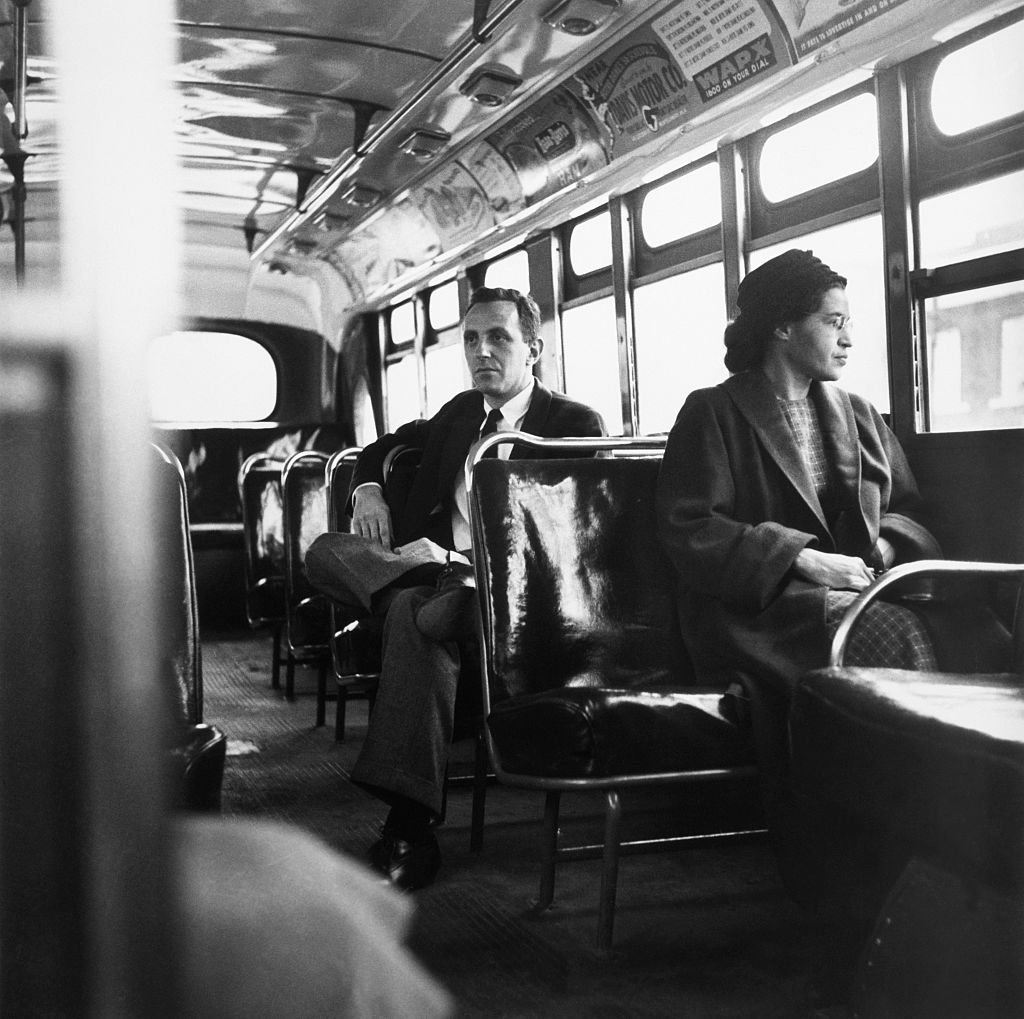Last week’s back-to-back police shootings of Black men is sending tremors among teachers—particularly those who educate African-American students,
Ron Clark, founder of The Ron Clark Academy in Atlanta, expressed his exasperation with figuring out how to keep his kids safe when they encounter police officers:
Anna Garnaas, a teacher at the St. Paul, Minnesota, elementary school where Philando Castile worked, told The Washington Post that she’s preparing for the questions her elementary school students will ask when they return from summer break.
“I think that’s when we’ll see them crying and wondering and asking questions, the first day of school in September,” she told The Post. “Where’s our buddy? Where’s the guy who takes care of us and makes sure we have our most fundamental needs met?”
Clark is the director of a school of predominantly Black students. In a message, posted on The Atlanta Journal-Constitution website, he laments about how White people view his students:
“I see racism through a different view; I’m a White man who watches my students as they are treated with caution, disdain and misunderstanding. Views of who they are formed instantly by their appearance, and brilliant young children are often frowned upon as being thugs.”
How should educators respond? Melissa Reeves, president of the National Association of School Psychologists, explained to the Post that children often take their cues from adults.
“It’s okay to be angry,” she stated to the newspaper. “But what’s important is how you use that anger in a way that’s going to be peaceful and part of a positive solution.”
History teacher Laura Fuchs told The Post that she teaches her students about how an earlier generation of African-Americans channeled their anger constructively, through nonviolent demonstrations. She also teaches them about their constitutional right against unreasonable searches and seizures. However, she cautions them to exercise that right in a way that doesn’t provoke a police officer or creates fear.
“It’s not fair that they have to be so careful when interacting with authority figures, but they do,” she added.
Following the Orlando massacre, the National Education Association offered advice to parents. Children don’t always talk about their fears, so parents should observe changes in their behavior patterns, child psychologists told NEA. Once a conversation about violence in society has started, the experts recommended allowing the child’s questions to guide the discussion.
SOURCE: Washington Post, NEA Today, Atlanta Journal-Constitution | PHOTO CREDIT: Getty
SEE ALSO:
Survey: Kids Brought More Than 185 Guns To School So Far This Academic Year
Coalition Demands Moratorium On Metal Detectors In L.A. Schools



































